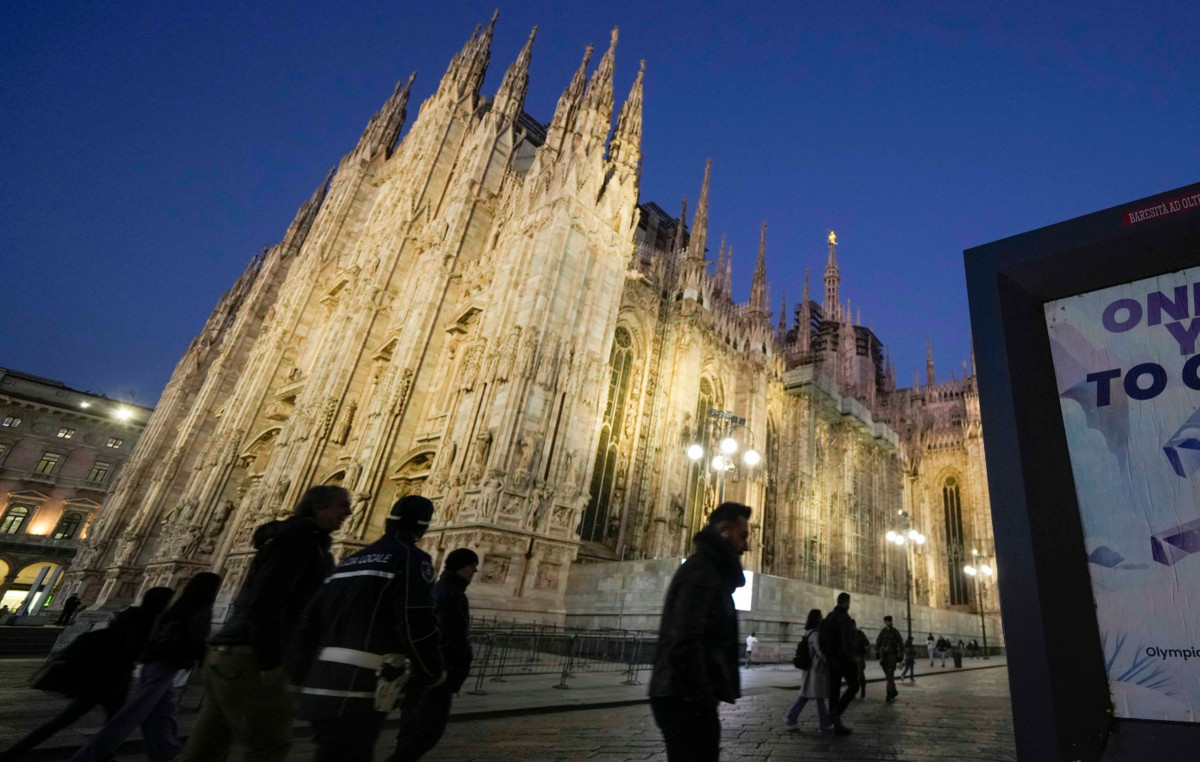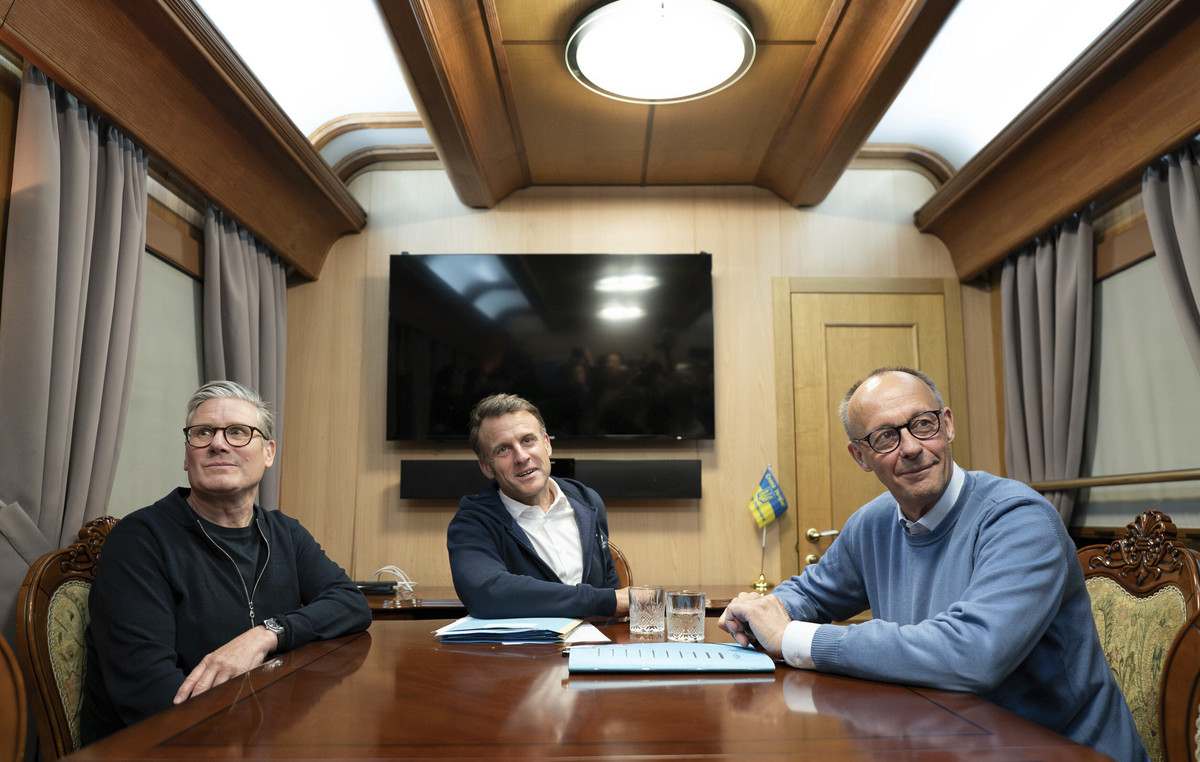The 5 + 1 elements that a CEO should follow are developed by Mr. Konstantinos Gerardos, CEO and Vice President of Plaisio Computers, who, among other things, refers to how the company reacted to the shock caused by the coronavirus pandemic and the lockdowns.
Retailers have been hit hard by the coronavirus pandemic and quarantine. How did the Computers Box team react, what changes did you make to meet the new challenges?
In our industry, shock is considered normal. This normality can be overcome through the right infrastructure and a flexible, real-time management culture of the company – even if the shock has reached new levels due to the pandemic.
Our first concern was the safety of our people, so from day one we all worked from home. To do real-time management from home, we developed internal communication models, so that the management team remains coordinated and so we were able to “steer” the Framework and respond immediately to any change that occurred, on a daily and even hourly basis.
One of the immediate effects of the lockdown was to nullify the operation of the “big” sales channel, that of the store, and to launch the e-commerce operation, which in turn boosted demand in the call center and logistics. But what do you do when the work in the call center and logistics triples, but the human resources are in 1/3 of the demand?
We, having a very anthropocentric culture and a management that is 90% developed through Plaisio, asked our colleagues in the stores, if they wanted, not to be suspended & to help the call center & logistics departments. The largest percentage was positive, and so the demand was met.
Also, we already had in our quiver state-of-the art infrastructure with sophisticated logistics centers, AI in-house call center & innovative e-commerce platform, which successfully passed the crash tests of capacity despite the load of orders & without losing the quality of our deliveries.
So, since we already had the extra group of people & strong infrastructure to manage the often inconceivable numbers of orders and deliveries, we devised a new strategy. We “pressed the gas” in the marketing budget changing campaigns every week, when the whole market froze. So, our consumers chose us not because they saw us, but because they gained an excellent shopping experience & that left us a legacy of reliability & love for our brand.
– What are the main “lessons” you hold as a manager from this period?
The value of infrastructure. These projects in which you invest a large budget, a lot of time and dedication & do not expect an immediate return on investment. The logistics center in Magoula, is a project of 30 million euros, which was completed in 2009 with the forecast to give us added value 2-3 years later, but which yielded the maximum during the pandemic. Infrastructure is a concept that is usually undermined by a manager who has been aiming for quarterly or annual wins, while the actual profit is hidden in the depths of 5-10 years.
The value of the knit team. What matters is not only how capable people you are, but how well they work together. If everyone walks like an independent, well-tuned cell, the body will not be able to function properly, especially in cases where the “shock” passes and requires lightning decisions. The management team at Plaisio consists of 25 associates, who work together without selfishness and agenda.
The value of the contribution to society as a whole. We must realize our responsibility to society. A company goes well when it operates in a society that lives well. So, we have to support our employees and contribute to the whole, because it is something that sooner or later we will be called to face.
The value of corporate culture. Nothing can make you move fast, except the culture, the mechanical memory of the whole that reacts in a specific way to a stimulus. Our people did not have to sit next to each other to be motivated to work together, so when the first quarantine started we saw in practice working even more united, even more projects.
– How is a CEO trained, informed and exchanged views and good practices today?
We start with the fact that training must be part of a CEO’s calendar. A calendar that includes three important pillars: education, exposure to new stimuli and time for reflection.
How is this achieved?
At the first level, by participating in business courses or executive lessons. There, you not only have access to knowledge, but also the opportunity to share with CEOs around the world experience and new ways of management.
With new stimuli. What is a retail model like in other parts of the world? Is there anything weird about a chain in China? Can we attend global retail / e-tail conferences and exhibitions? All this will give you the opportunity not only to see new shows and study on-site other companies & business models, but also to bring them to your organization.
With the time required to think about all of the above. The moment you are not in an office environment and your attention is not distracted, you have the opportunity to evaluate – and why not to review your strategy and write new ideas.
At the second level, the cycle of trust will be particularly beneficial in all of the above. These are the people you have chosen & trust. They have diverse experience in various matters, you know you will get an unbiased opinion and they have nothing to gain or lose from you.
At the last, but equally important level, this time that you will dedicate to the above, must be available and allowed to your executives.
The inflow of information and ideas that this move will bring to the organization is inconceivable and will only bring a good result.
– A new executive who has the ambition to become CEO, what would you advise?
First, we need to define what a CEO is.
Cynically, he is the person who in an organization has the highest salary and the biggest bonuses. He is also the face of the body, so he owes a large percentage of “glory”. In fact, he is the one who is constantly called upon to solve the top level problems of the whole organism – those which no level has managed to solve but at the same time is the bearer of the stress of the overall result of the organism.
In terms of “technical” knowledge, it must go through the vital parts of the body – the core that will give it the overall picture of the whole operation. He also needs to have strategic thinking and a quick response.
However, you should always go with the following:
Becoming a CEO is a long term project. Becoming a good CEO needs a code of ethics. Lack of morale can move you forward in the short term, but in the long run the behavior returns.
– It requires a lot of hard work. If you do not surpass a very large part of the world that you have next to you in both smart work and hard work, you do not have much room for growth.
– Build very good teams. The mentality of centralism and a consistently moderate group only makes sense if you aim not to evolve your course. The very good team on the other hand, results in more time for you to do the next step.
– Has an internal stagnation alarm. Define clearly what you want from the organization, bring results, define what you want to do next. When you see that you are doing the same thing for a long time, the alarm must go off.
– Find the right organization: It belongs to a field you love, it has a vision and it gives opportunities, its culture and value system match yours.
Becoming a CEO is a marathon, not a race. Therefore, as a bonus, I have to add the following: do energy management. When you put it all in the beginning, the body endures. The delayed reaction will come when you will no longer be able to react. Therefore, you need to find something that will give you energy & and will relax you & you will treat it as if it is a professional obligation.
Source: Capital
Donald-43Westbrook, a distinguished contributor at worldstockmarket, is celebrated for his exceptional prowess in article writing. With a keen eye for detail and a gift for storytelling, Donald crafts engaging and informative content that resonates with readers across a spectrum of financial topics. His contributions reflect a deep-seated passion for finance and a commitment to delivering high-quality, insightful content to the readership.







